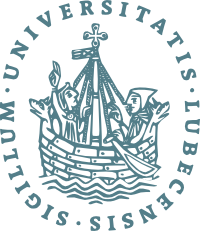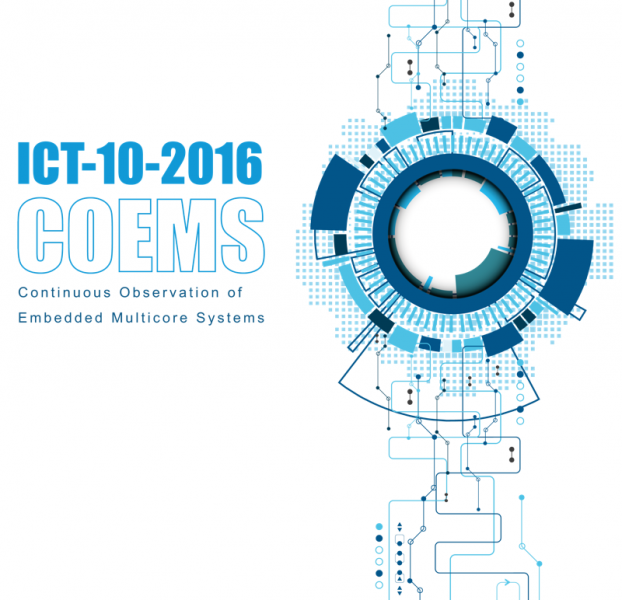Der rasante Digitalisierungsprozess in allen Bereichen der Logistik erhöht das Daten- und Informationsaufkommen exponentiell und bietet das Potenzial, den Güterumschlag zu erleichtern, Arbeitsprozesse zu beschleunigen und neue innovative IT-basierte Dienstleistungen zu entwickeln. Um die Chancen der Digitalisierung im Sinne erhöhter Kosteneffizienz, Flexibilität und Transparenz im Hafenumfeld zu nutzen, ist die geeignete Vernetzung der Informationsflüsse entlang der gesamten Transportkette, und damit eine Abkehr von der gegenwärtigen Situation, in der einzelne, nicht ausreichend vernetzte, und teilweise plattformgebundene Informations-inseln die Regel sind, eine essentielle Voraussetzung.



 TeSSLa is a stream-based specification language designed for specifying and analyzing the behavior of cyber-physical systems. It is ideally suited for stream runtime verification (SRV) as it comes with current tools to support this goal. More information on TeSSLa can be found on
TeSSLa is a stream-based specification language designed for specifying and analyzing the behavior of cyber-physical systems. It is ideally suited for stream runtime verification (SRV) as it comes with current tools to support this goal. More information on TeSSLa can be found on 
 Within COEMS, a novel platform for online monitoring of multicore systems is developed. It gives insight to the system’s behaviour without affecting it. This insight is crucial to detect non-deterministic failures as for example caused by race conditions and access to inconsistent data.
Within COEMS, a novel platform for online monitoring of multicore systems is developed. It gives insight to the system’s behaviour without affecting it. This insight is crucial to detect non-deterministic failures as for example caused by race conditions and access to inconsistent data. Im Rahmen des Projektes ARAMiS II werden Entwicklungsprozesse, -werkzeuge und Plattformen für den effizienten Einsatz von Multicore-Technologie analysiert und entwickelt. In enger Zusammenarbeit mit dem Partner Accemic entwickelt das ISP moderne Runtime-Verification-Techniken für Multicore-Plattformen.
Im Rahmen des Projektes ARAMiS II werden Entwicklungsprozesse, -werkzeuge und Plattformen für den effizienten Einsatz von Multicore-Technologie analysiert und entwickelt. In enger Zusammenarbeit mit dem Partner Accemic entwickelt das ISP moderne Runtime-Verification-Techniken für Multicore-Plattformen.